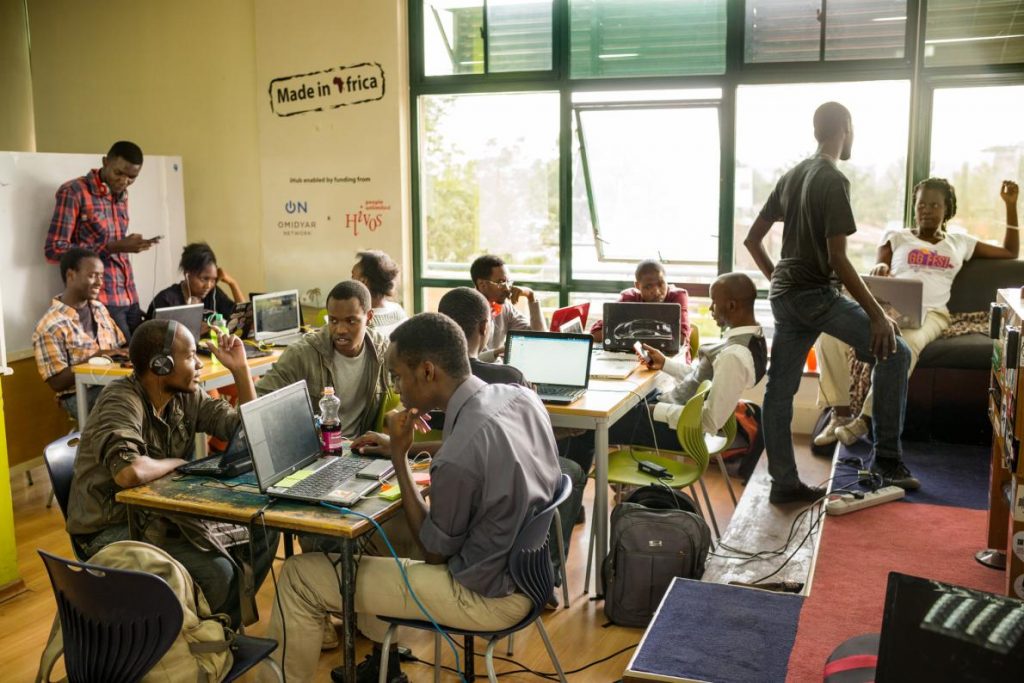
Every day, the African tech sector uses some of the most basic mobile technologies in the world to create new disruption. A rising generation of technologists, coders and entrepreneurs are stepping up to solve some of our continent’s most pressing problems.
Entirely new industries around payment solutions, crowdsourcing and entertainment media are springing up in tech hubs in Kenya, Nigeria and other countries.
The rise of companies like Jumia, Africa’s very first ecommerce platform, and Safeboda, providing transportation solutions in East Africa is encouraging and opening up new ways for Uganda to grow.
Below we look at some of the players and the ways they are contributing.
First things first, the role of mobile
For many Ugandans, the mobile phone is not just a communication device but also the primary channel to get online, as well as a vital tool to access various life-enhancing services. According to GSMA, mobile adoption in the African region has grown rapidly in recent years: overall subscriber penetration reached 44% in 2017, up from just 25% at the start of this decade.
A report by Jumia earlier this year indicates that 77% of their website visitors use the mobile phone to log in.
Access to mobile connectivity is vital in empowering consumers and driving economic growth. The technology enhances access to many essential services, including education, health and utilities, while also enabling business models that support the efficient and sustainable delivery of key services through mobile-based platforms such as mobile money.
Businesses are going online
Jumia provides world-class, affordable and convenient online services to consumers in Africa that help them fulfill their basic everyday needs. We help them “save time and money”, Jumia says.
Online marketplaces provide the digital infrastructure to help businesses grow – both those trading on the platform, and those providing supporting services.
Joyce Akello has been trading on Jumia for close to two years now as a home-and-living retailer. It’s been life changing for her and her family. She remembers when she was earning 300,000 UGX a month at an unsatisfying job. “I now make at least 800,000 UGX in sales per week on Jumia, and have grown to open up my own shop.” she says.
Education is evolving
Fundibots is a Kampala based company that provides hands-on, practical Science, Technology, Engineering and Maths (STEM) education to children and youth in classrooms, communities and universities. They incorporate robotics, art and creativity to enable very diverse groups of students achieve strong learning outcomes. Through their various school programs, they also design curriculums, facilitate hands-on robotics training workshops, speaker presentations, science project assistance and guidance, career and skills development, mentorship.
Providing Financial solutions
The technology behind mobile money has revolutionised Uganda’s mobile economy. Mobile money technologies have become pervasive regardless of the quasi-inexistent banking system. The mobile economy in Uganda was valued at $12.26 billion as of March 2017.
Startups like Ensibuuko that provides a cloud-based microfinance software for community-level financial entities in Africa. It extends modern electronic banking infrastructure to financial service entities in the developing world, helping savings and loans cooperatives go paperless and become more efficient by digitizing how they manage customer data and transactions. It allows for web services even in rural areas with poor telecom infrastructure. The Ensibuuko software is also integrated to the mobile phone network and allows users to access their account via mobile phone — they can check the balance, make deposits and withdraw. This improves access and quality of service delivery.
A huge opportunity for job creation
Good-paying work has come with some of Africa’s tech innovations, such as SafeBoda, which has more than 6000 licensed motorcycle-taxi riders in Uganda and has recently opened up a riders’ academy to offer professional training to boda boda riders. This goes a long way in reducing road accidents and supporting safe movement of passengers in Kampala and other areas.
Today, Jumia Uganda has over 500 vendors selling on its platform. These range from large businesses like Anisuma (who might employ 2-3 people to manage their Jumia sales) to SMEs (who typically employ 1). These people are managing their online stores and dropping off products with Jumia.

